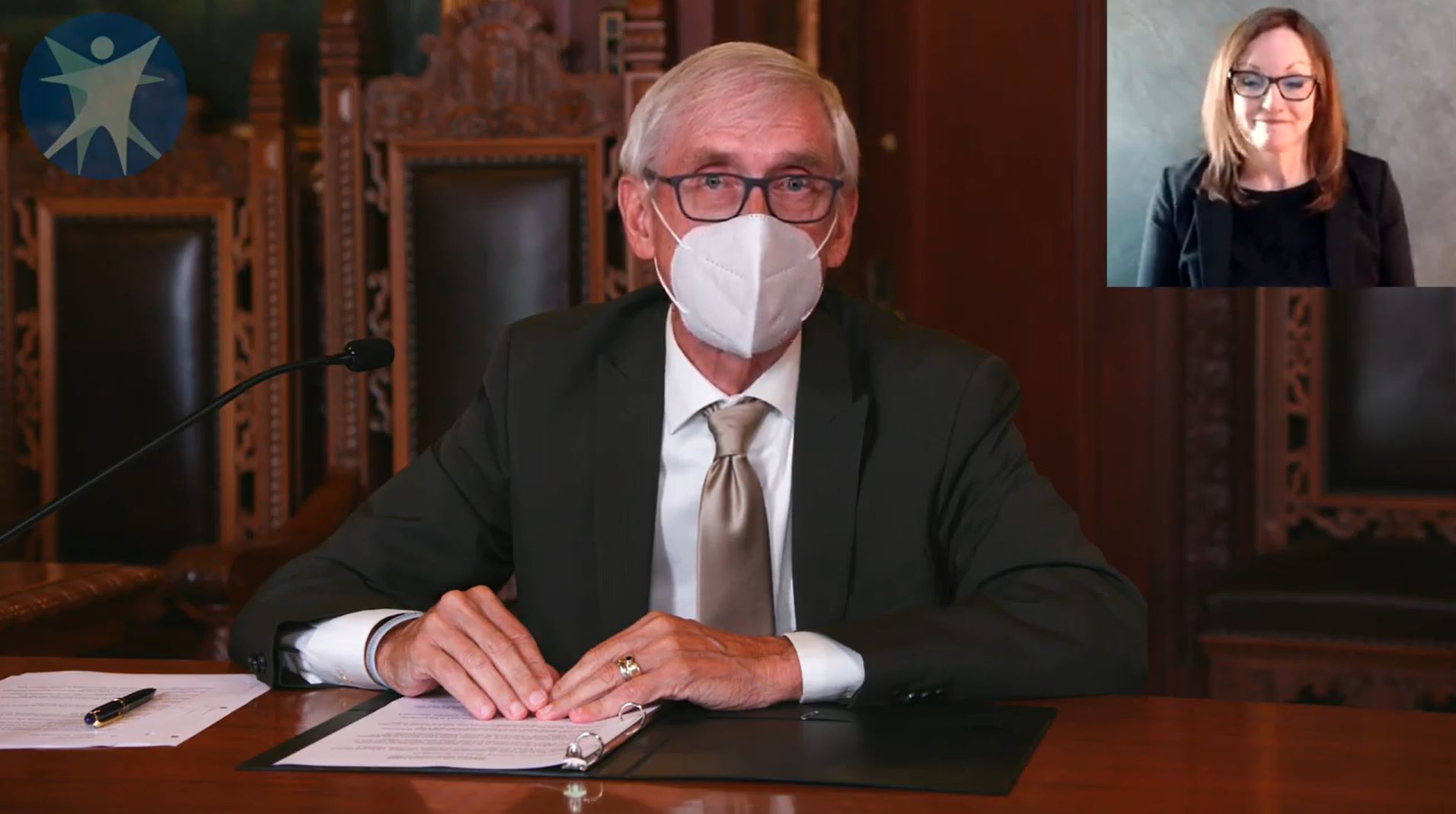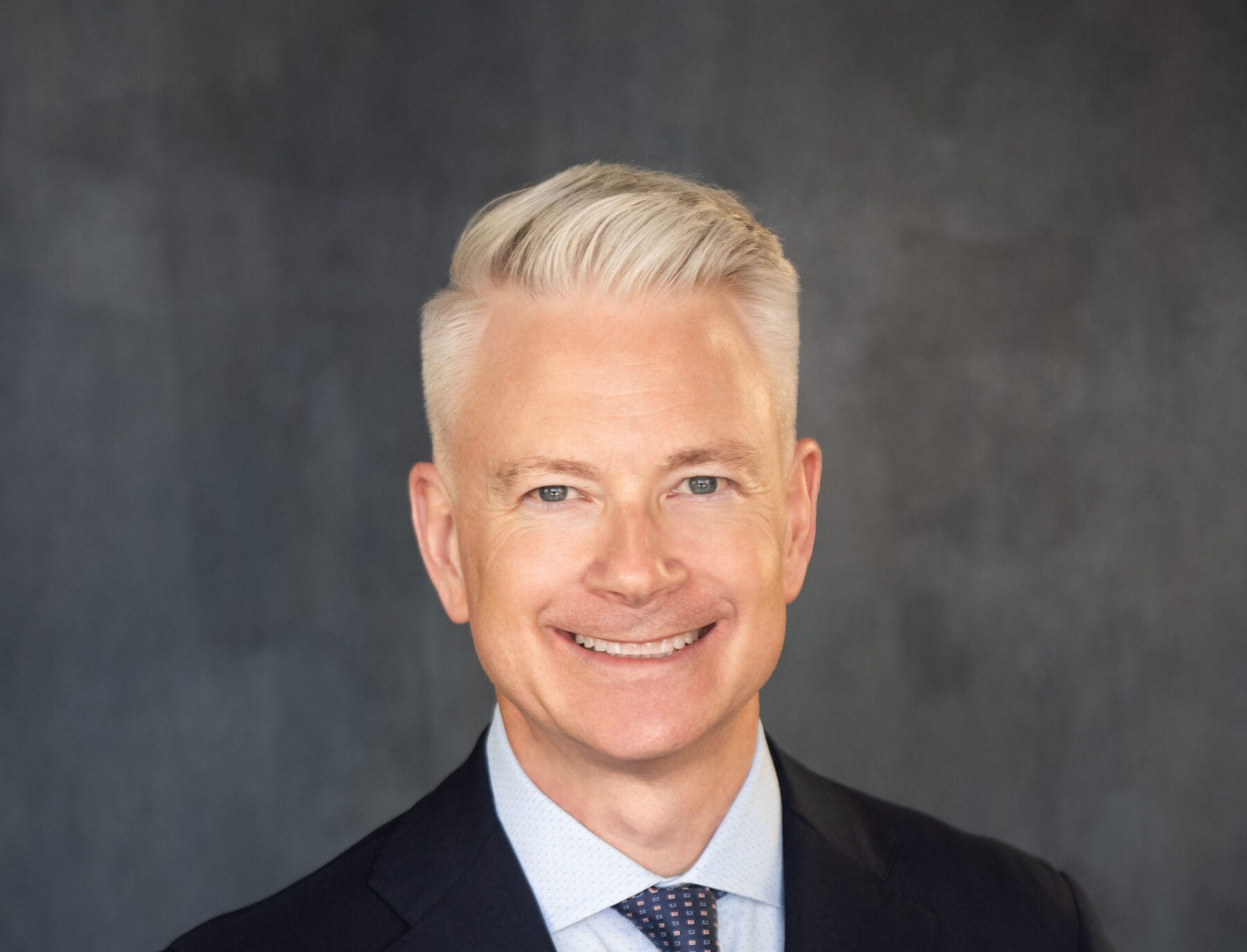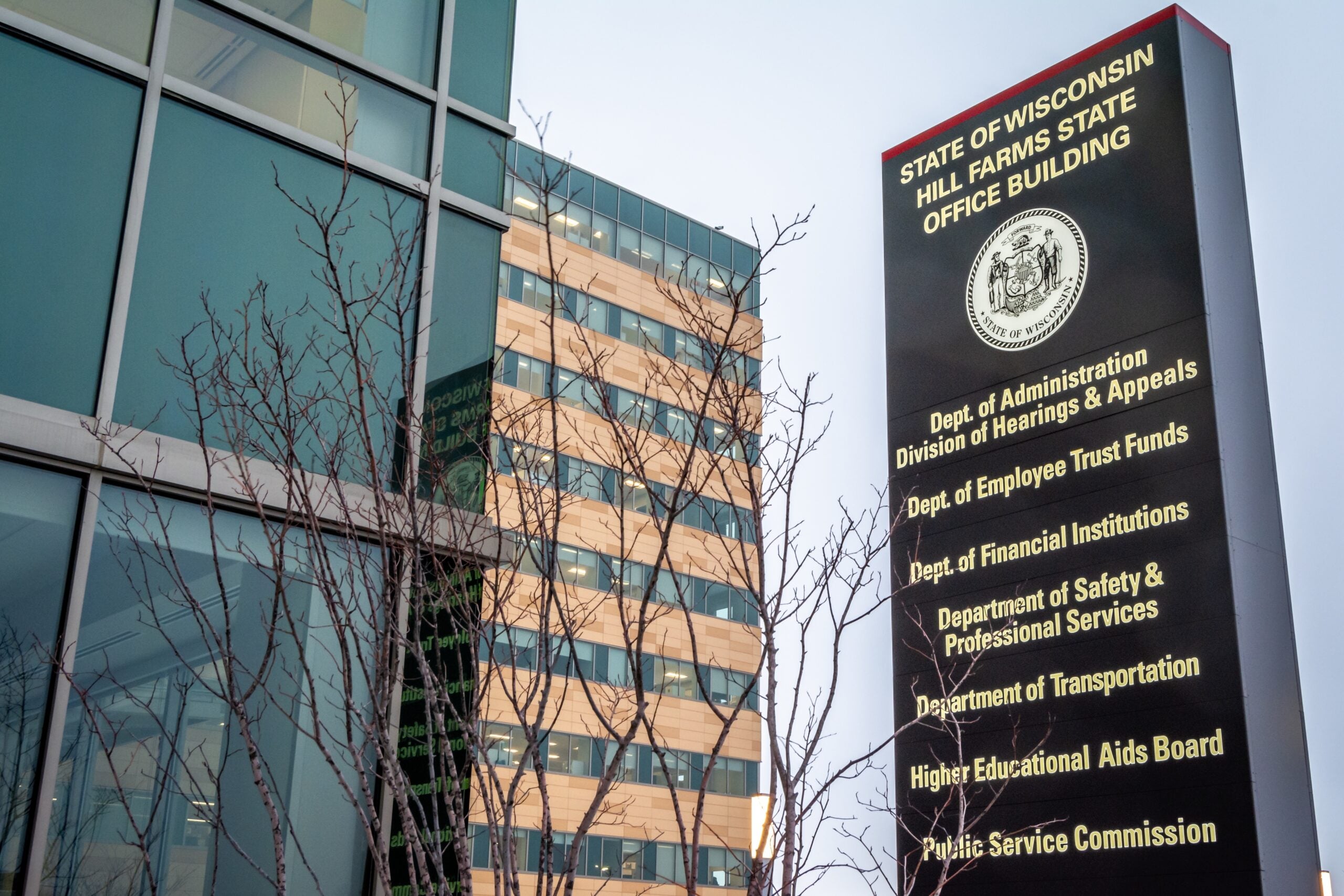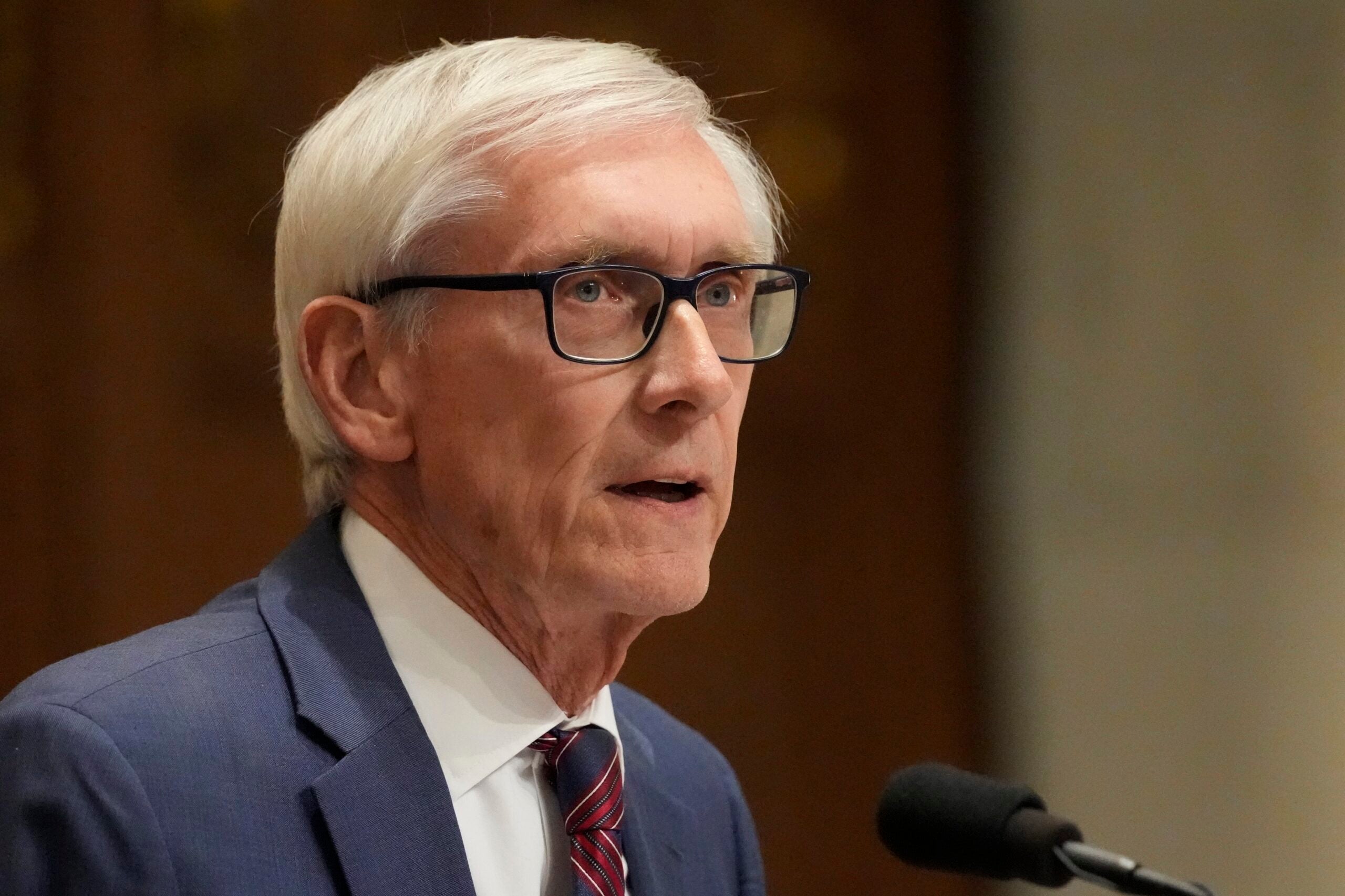Gov. Tony Evers said Tuesday the University of Wisconsin System has done a good job managing the COVID-19 pandemic so far this academic year. His comment comes as campuses across the state have recently announced clusters of virus cases, temporary shutdowns of in-person classes and dorm quarantines.
Speaking on a call with reporters, the governor stood behind UW System schools bringing students back for in-person classes this fall.
“We always said it was going to be bumpy, both in the K-12 world and in the university, and it has been,” Evers said. “But, at the end of the day, we just have to make sure that students, especially in the university system, really take on the issue of individual responsibility.”
News with a little more humanity
WPR’s “Wisconsin Today” newsletter keeps you connected to the state you love without feeling overwhelmed. No paywall. No agenda. No corporate filter.
The governor lauded the “massive amounts” of testing happening within University of Wisconsin System campuses, which began classes roughly two weeks ago. Campuses are still working to ramp up COVID-19 testing of students living in residence halls, with a goal of testing residents every two weeks.
“We’re beefing that up as we speak,” Evers said of testing across all campuses.
UW System interim President Tommy Thompson said last month that more than 350,000 tests would be ordered for all UW System campuses except UW-Madison, which has its own COVID-19 testing program.
Evers also defended universities beginning in-person classes during the pandemic by pointing out no one knows how long it will be until there is a widely available vaccine for COVID-19.
“I’m not a vaccine expert, (but) if we’re waiting for (COVID-19) to be gone, we could be waiting for next year at this point in time,” he said.
Governor: Big Ten Football Resuming Would Require ‘Significant’ Testing, Tracing
The governor also weighed in on the possibility of Big Ten football resuming this fall at UW-Madison, saying it would require a large amount of testing and contact tracing for the season to begin safely.
The governor’s comments come amid reports that the Big Ten could vote to start the college football season as soon as next month.
Evers said he’s “confident” UW-Madison leadership is taking a number of things under consideration as the season may be moving forward, including “making sure they have enough testing and contact tracing — all the things that need to be happening on a really significant level in order to allow activities like football or other sports to happen.”
Future Of Statewide Mask Order In Limbo, Statewide Schools Order Unlikely
Evers also reiterated comments from last week that there may be an extension of Wisconsin’s statewide mask mandate. How the governor could legally extend the mandate is in question.
“Hopefully we’ll find a way to make that happen going forward,” he said. “We’re looking for the right avenue.”
The governor issued the current mask order — which is set to expire on Sept. 28 — on July 30, using a power in state law that lets governors declare public health emergencies for up to 60 days.
The Wisconsin Institute for Law and Liberty (WILL) filed a lawsuit over the mandate in late August, arguing that it was unlawful for Evers to declare multiple emergencies related to the COVID-19 pandemic. He declared a previous COVID-19 state of emergency in March. The lawsuit is ongoing.
In May, the Wisconsin Supreme Court struck down Evers’ statewide stay-at-home order and limited his administration’s ability to issue statewide orders limiting people and businesses during the pandemic. However, in its ruling, the court left open the possibility of state orders closing schools statewide to curb the spread of the virus.
But Evers said Tuesday he believes decisions about K-12 schools offering in-person classes is best left to local officials.
“(Local schools) are the experts in what resources they have locally,” he said. “The ability to open safely is one that is a local decision.”
The governor argued it may be easier for smaller districts with smaller class sizes to provide social distancing for students, compared to larger districts.
“The idea that somehow, magically, (statewide) gating criteria would make it easier for everybody — it would make it just as equally complex,” he said. “Districts and local health officials understand what needs to be done locally.”
Wisconsin Public Radio, © Copyright 2025, Board of Regents of the University of Wisconsin System and Wisconsin Educational Communications Board.






